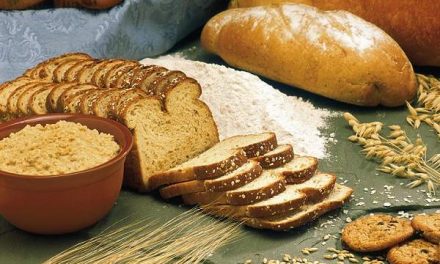
Namib Mills downplays food price increases
Namib Mills says the recently announced food price increases will not have a major impact on the country’s annual inflation rate which has been on a decline in the last five months.
At 29.6%, analysts say food and non-alcoholic beverages carry the largest weighting of all the categories in the consumption basket, and as such any movement in food prices will have a significant bearing on the overall inflation rate.
But, Ian Collard, Namib Mills MD told journalists on Monday that a price increase of between 5% and 6% for maize meal, wheat and pasta will not result in any changes to the annual inflation rate adding that only the monthly inflation will be affected.
He said: “A 5% to 6% increase, I don’t think it will do anything on the annual inflation rate but the next price increase will have an effect.”
The drop in inflation in June to a nine-month low of 5.6% has been largely driven by food price inflation which decreased for the fourth consecutive month in June to 6.7% from 7.9% in May. Bread and cereal inflation also saw another big fall in June to 5.7% from 6.7% in May
Collard says a severe drought that has been ravaging the midwestern parts of the USA in the past few weeks has adversely affected the harvest and ultimately the price of maize. Maize price increases on the Chicago Board of Trade, the biggest market in the world of maize, jumped to test levels of US$8 per bushel.
Namibia’s expected bumper harvest of 75,000 tons this year against an annual consumption of around 120,000 tons could not shield the country from the vagaries of international price increases. outh Africa, one of the biggest exporters of maize to Namibia, will also have to import maize later in the year, as the local harvest of 11 million tons is not enough for the region’s consumption.
Although there is no major shortage on wheat production the world over, Collard says there were still some major increases on international wheat prices in the wake of the maize prices due to the drought in the USA. “Pasta is manufactured from wheat flour, therefore price increases are inevitable when the price of wheat increases,” he says.
The Namib Mills MD also attributes the price increases to the Namibian inflation rate which for the past year has been in the region of 6.5%. “We therefore have to increase the milling margins to compensate for remuneration increases and electricity increases.”











































